We’ve answered many different kinds of questions for many different organisations in over 70 countries. They include:
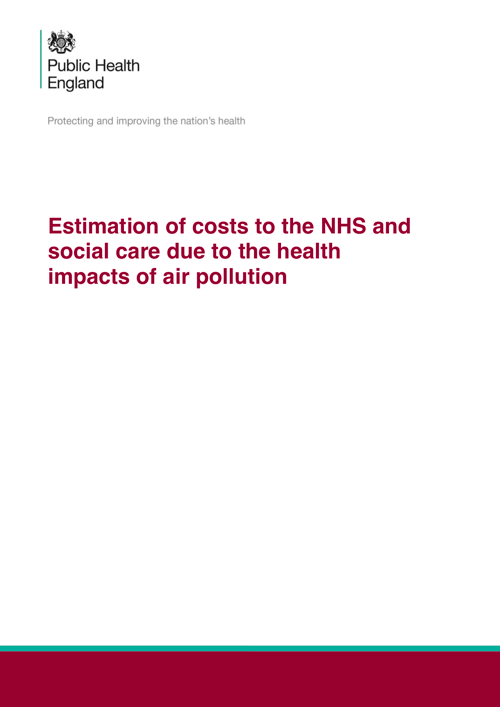
In 2018, we worked with Public Health England, Imperial College School of Public Health and Imperial College Business School. Together, we created a new tool that helps local authorities estimate how much they could save the NHS by taking action on air pollution.
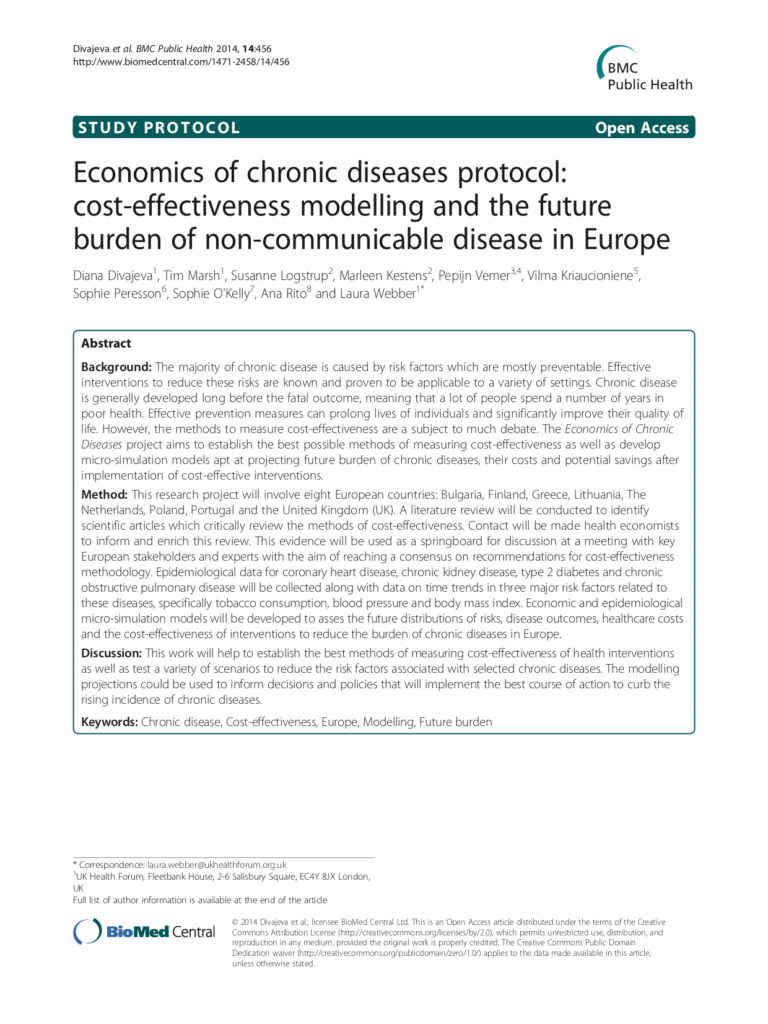
The European Commission asked us to look at the long-term economic impact of different chronic disease prevention, screening, and treatment interventions in eight European countries. That led to a Europe-wide consensus on how to measure the cost-effectiveness of different types of interventions. We also created a user-friendly downloadable tool that lets users compare their impact on a like-for-like basis
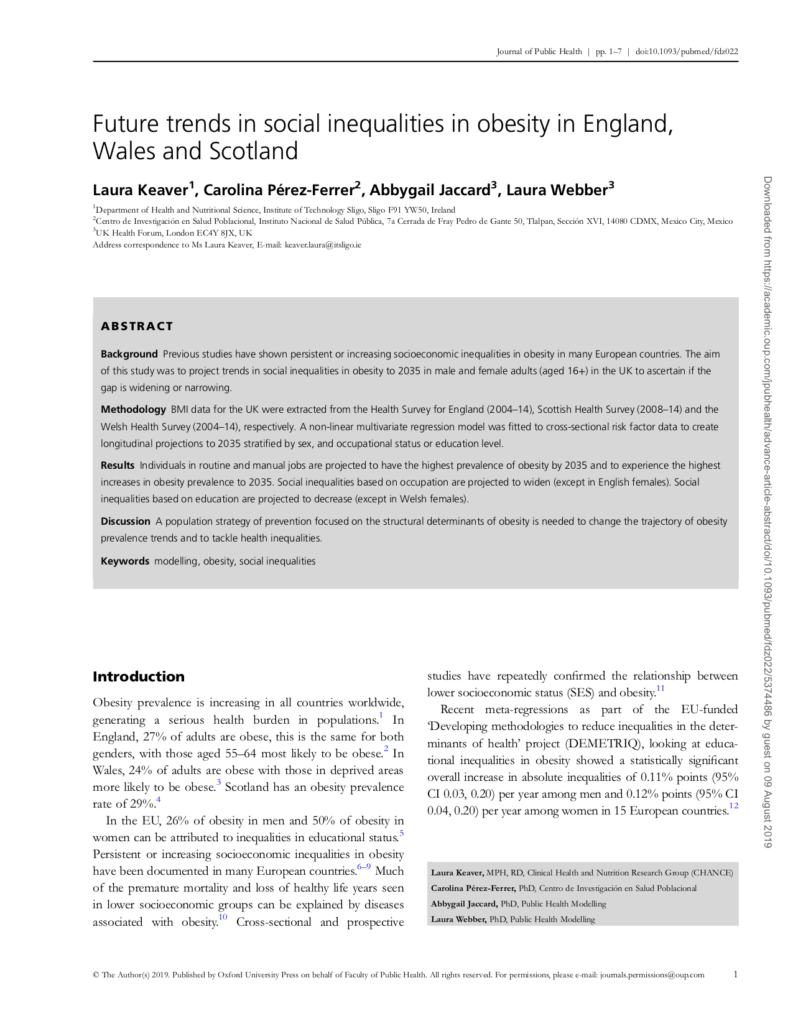
We looked forward to 2035 to see what kind of impact social inequality will have on obesity. We found that by then, UK people aged 16 and older working in routine or manual jobs will have the highest levels of, and greatest increases in, obesity.
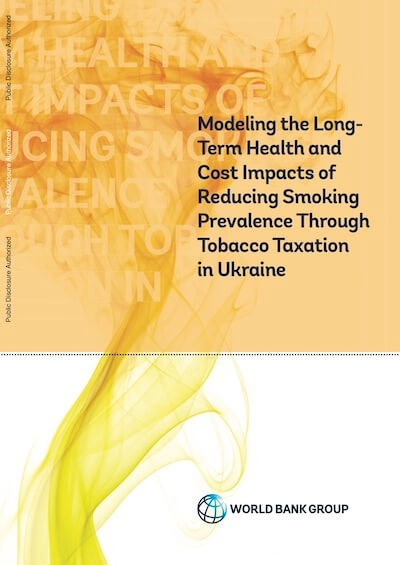
The World Bank asked us to look at a specific tobacco tax increase in the Ukraine, modelling its impact between now and 2035. We showed that it would prevent 29,172 premature deaths and 126,730 new cases of smoking-related disease. These findings, supported by evidence from the WHO Taxsim model, helped the Ukrainian government decide to enact the tax increase.
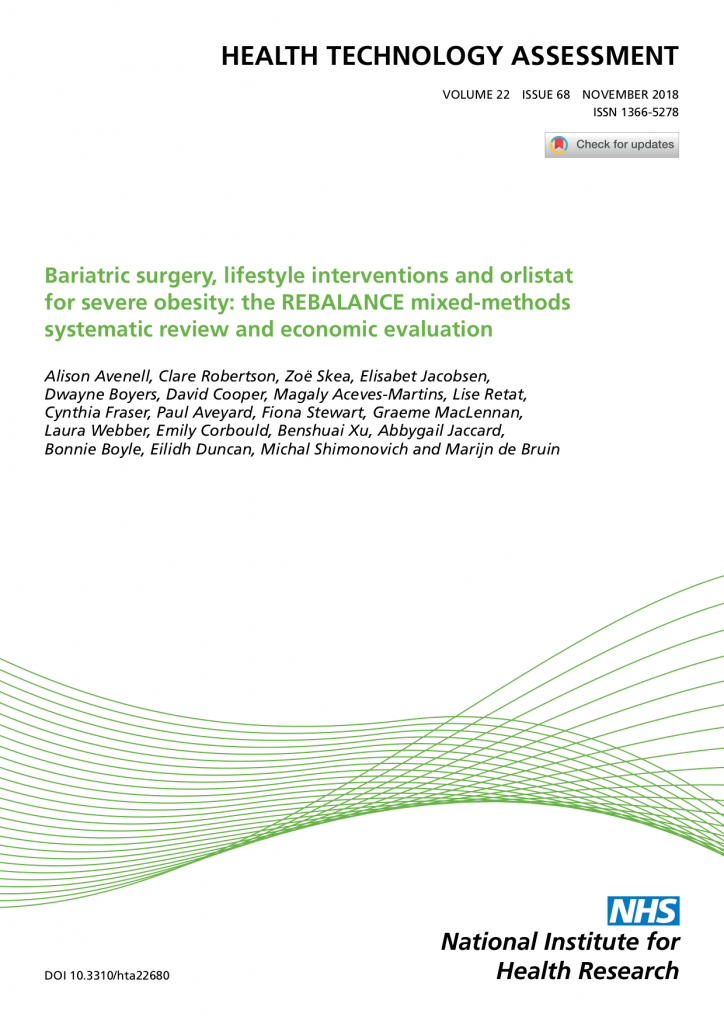
Our REBALANCE project, a collaboration with the University of Oxford, analysed the impact of different weight management programmes on severely obese over-18 year olds. That helped the NHS assess and understand the long-term cost-effectiveness of these programs, then choose which one to go ahead with.
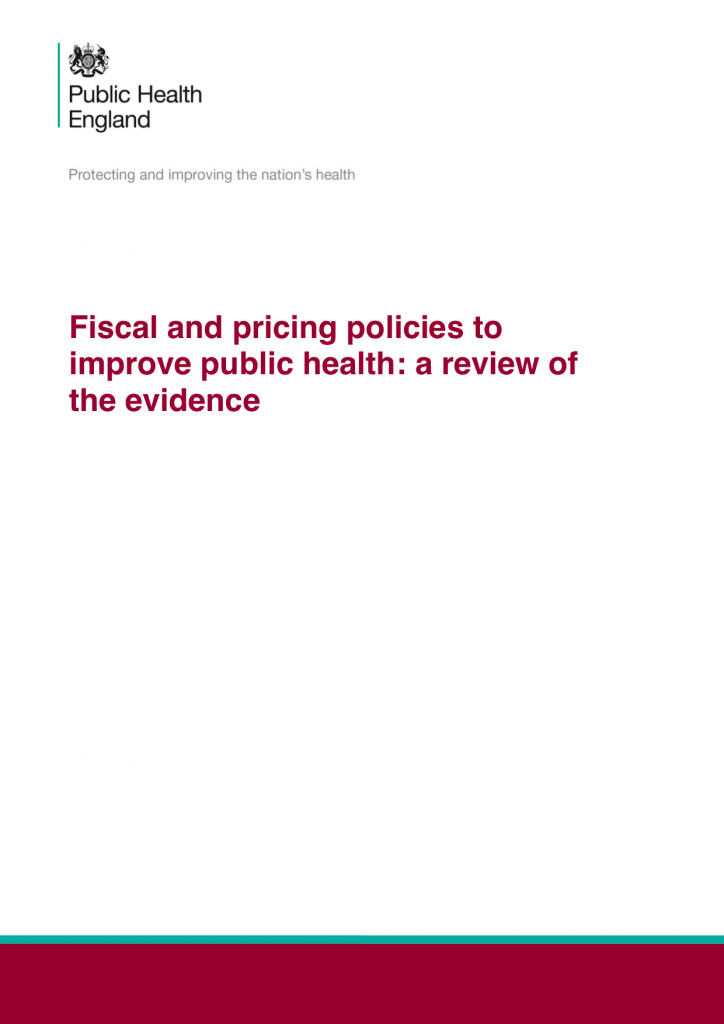
Public Health England asked us to help policy and decision makers understand how tax and pricing changes can change consumer choices, and through that improve their health. We looked at a range of different existing policies, then created a reference database of the ones that had definitely worked. It shows people where the evidence for the success of those policies is strongest and where there are gaps in the literature.
We have an experienced and multi-disciplinary team of software engineers, population health and policy research experts, and mathematicians.
Team